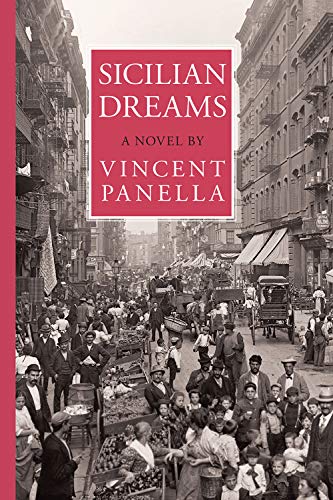Sicilian Dreams
In 1907 Sicily, Santo Regina, a young widower, finds it difficult to make a living in a society divided into landowners and peasants. Seeing no future in Sicily for him and his daughter and son, Santo leaves his children with his mother and emigrates to America, entering through New Orleans. His dreams of better treatment of workers in America are dashed when he joins a labor camp and finds himself once again working in farm fields for rich landowners. He runs away from the camp, determined to start over further north, and in his absence, the labor camp boss is murdered. Santo is presumed to be his murderer.
While Santo is in America, his daughter Mariana takes up with a lowlife named Niccolo who leaves her pregnant. She kills Niccolo and, with her brother’s help, hides the body. People now begin to think Santo left Sicily because he killed his daughter’s lover. An innocent man, Santo has been saddled with a false identity that portrays him as the killer of two men in Sicily and America. The honor code among Sicilians means Santo is a marked man wherever he goes.
The experience of Italian immigrants is richly portrayed in this novel, especially in scenes of Little Italy in New York. To Panella’s credit, the novel does not involve the stereotypical “buckets of blood” that occur in most novels about Sicilians. The very fact that Santo never kills anyone—although the threat of violence is always present—shows that Sicilian characters do not always have to be stone-cold killers. That’s a refreshing change.
This novel is highly recommended for anyone interested in the early 20th-century Italian immigrant experience, especially for those immigrants who were Sicilian.










